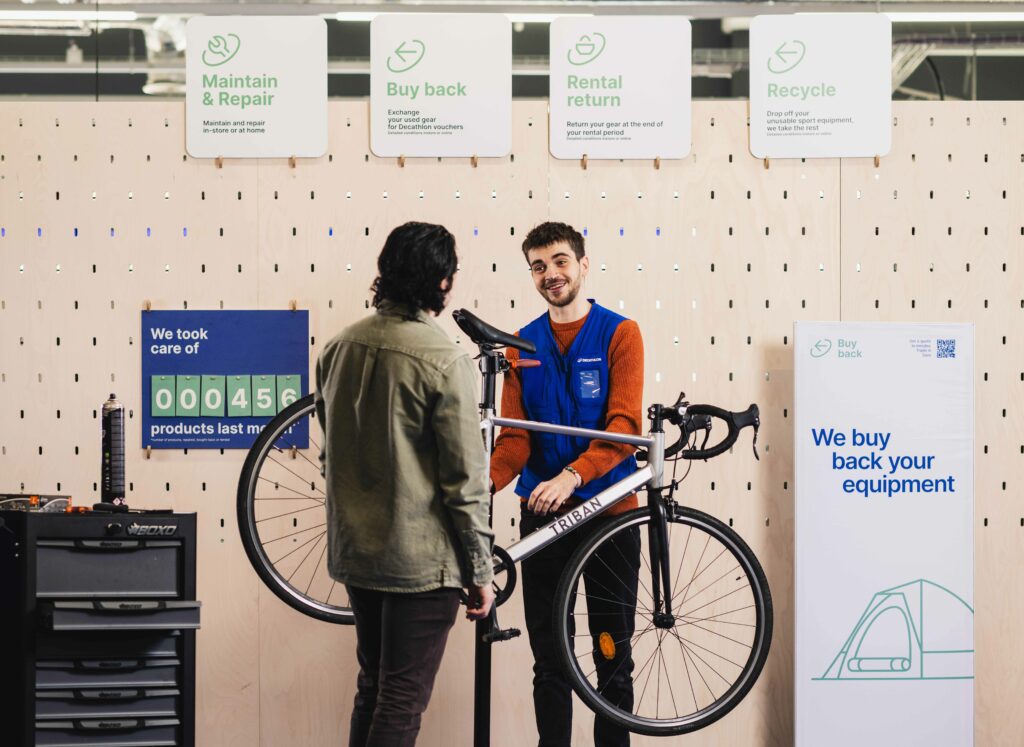As consumer confidence starts to grow, and a number of economies start to make progress on moving out of the recession, many retailers might be thinking about expanding internationally. British businesses are in a relatively good starting place for expansion because of the lower barriers to entry in European markets, ensured by the UK‘s membership of the EU.
However, expansion is not a decision any retailer, no matter how successful, will take lightly. There are some notable cases of successful British businesses not enjoying the same level of success abroad, as at home, because they have not effectively adapted their model for the new market.
Some changes will be evident when entering new markets: the need to adapt consumer-facing activities will be front and centre of international expansion plans. However it is equally essential to consider the ‘behind the scenes‘ operations and how these will need to change to ensure the retailer can run, profitably, safely and efficiently in its new environment.
The EU is helping retailers achieve their expansion goals by increasing flexibility and supporting the free movement of labour, however, it does add extra layers of regulations which can be challenging, costly and time consuming to follow without expert advice.
In order to enter a new market, there are numerous targets and pieces of legislation that businesses need to comply with. One area of legislation that is particularly complex is the regulation around the safe disposal of WEEE (waste electric and electrical equipment), batteries and packaging. In fact, each EU member country has three separate pieces of compliance legislation to abide by. Therefore in theory, if one retailer wanted to expand across the entire European market and have a presence in each EU member country it would need to ensure it was complying with 84 different pieces of waste management legislation!
If retailers and producers don‘t comply with this legislation they can unfortunately find themselves with fines totalling thousands of pounds. Data Select Ltd, which is one of the UK‘s largest mobile phone importers, is one example of a business that was fined for not being registered with a compliance scheme. But fines such as this are easily avoidable.
Understandably, retailers are not expected to be experts on legislation. Large retailers might have dedicated legal teams that are able to provide support on compliance legislation. But if that global business originates in Asia, for example, it might not be able to advise on the legal obligations within every European territory. Additionally, for retailers who don‘t have dedicated legal teams it may not be feasible to spend valuable time during their expansion process on compliance legislation instead of focusing on the core retail and customer-facing activities.
By partnering with a compliance expert, you can not only minimise the time spent on activities that aren‘t core to your business but also minimise the risk of legal action and protect your business against financial fines and brand damage. For example at DHL Envirosolutions we‘ve helped retailers by providing, advice on updates to regulations as well as support in gathering and submitting the required compliance data.
International expansion represents a great opportunity – which it is important to optimise. Seeking and implementing the right counsel on compliance means that retailers can safely focus on bringing great brands to new markets without the concern of becoming experts in the red tape and regulation of these new territories.

















